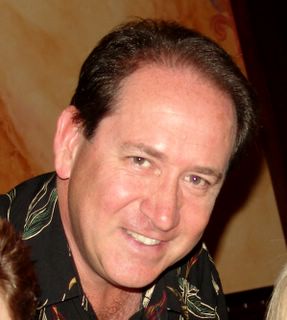Obama is the new Lincoln; Sorry JFK
Got an email from a friend I met in Trader Joe's who is "wary" of Obama's candidacy. "I just don't feel I can trust Obama..," she writes. She referenced a piece by David Brooks in yesterday's New York Times, "Where’s the Landslide?" which implies there should be one by now with Obama trouncing McCain in the polls. Couple of Brooks's notions:
His age probably has something to do with it. So does his race. But the polls and focus groups suggest that people aren’t dismissive of Obama or hostile to him....the root of it is probably this: Obama has been a sojourner.
Brooks is making a case of Obama being "removed" from the battle, an observer who is interested but not affected. My friend from Trader Joe's has a "funny" feeling and Brooks's piece struck a chord.
I don't know how it's possible for me to remember the 1960 election since I was 10 years old at the time, and I have trouble remembering the names of several of the members of my immediate family. But I remember clearly that John F. Kennedy was perceived as a neophyte, with little experience against the towering figure of 8 years Vice President Nixon, who was now going to slide into the office after his boss, Eisenhower, was done. That's how my family, friends, and schoolmates saw the process back then. Yet both Kennedy and Nixon were young, just like Obama. And the ultimate winner then was no proven entity any more than Obama is now. And then as now, Kennedy and Obama both make amazing, rallying, and inspiring speeches.
Brooks can write all he wants about the experience and back ground and whatever else about Obama, but I will let you in on a little secret--about American society, and elections, and human nature--the Obama doubts center on one thing and one thing only, and that is the inherent inability of my fellow citizens to overcome their natural instinct for prejudice and bigotry. "Sojourner" my ass -- Obama doesn't fit the comfortable mold of any one's mindset.
There was another candidate for President of the US who had a varied back ground and didn't seem fit for the job:
His family was forced out of their home.
He had to work to support them.
Failed in business
Ran for state legislature - lost
Also lost his job - wanted to go to law school but couldn't get in.
Borrowed some money from a friend to begin a business and by the end of the year he was bankrupt. He spends the next 17 years of his life paying off his debt.
Ran for state legislature again - won.
Was engaged to be married, sweetheart died and his heart was broken.
Had a total nervous breakdown and was in bed for six months.
Sought to become speaker of the state legislature - defeated.
Sought to become elector - defeated.
Ran for Congress - lost.
Ran for Congress again - this time he won - went to Washington and did a good job.
Ran for re-election to Congress - lost.
Sought the job of land officer in his home state - rejected.
Ran for Senate of the United States - lost.
Sought the Vice-Presidential nomination at his party's national convention - got less than 100 votes.
Ran for U.S. Senate again - again he lost.
Elected president of the United States.
Abraham Lincoln. But you knew that. He was a young guy, with a weird sense of humor, prone to bipolar attacks of depression, visions, and not handsome to boot. But he was a wonderful speech writer, regardless of how he sounded when he gave the speech--and that seems to be a big plus in esteem and popularity: Washington, Lincoln, Roosevelt, JFK, Martin Luther King, Bobby Kennedy, Reagan, and now Obama. Anyway, any thing's better than the criminal dolt who's in there now, or the absent-minded dufus who wants to take his place. They can't configure a sentence that's coherent.
